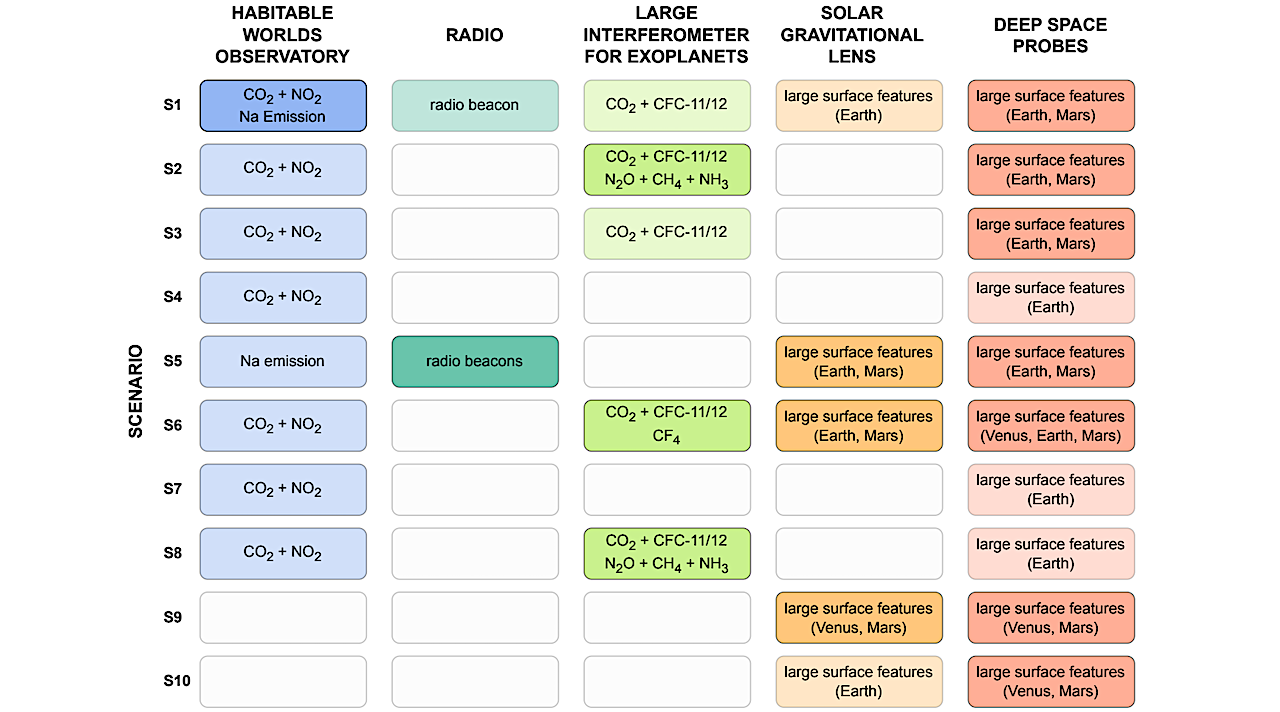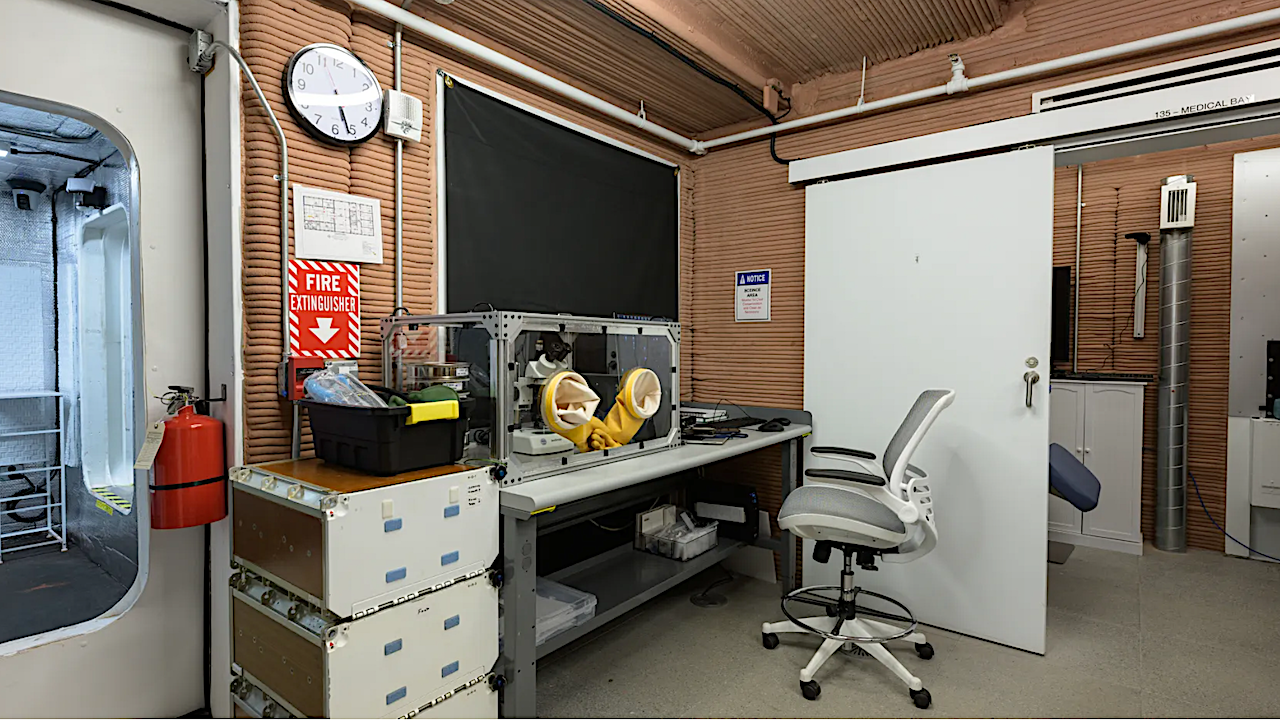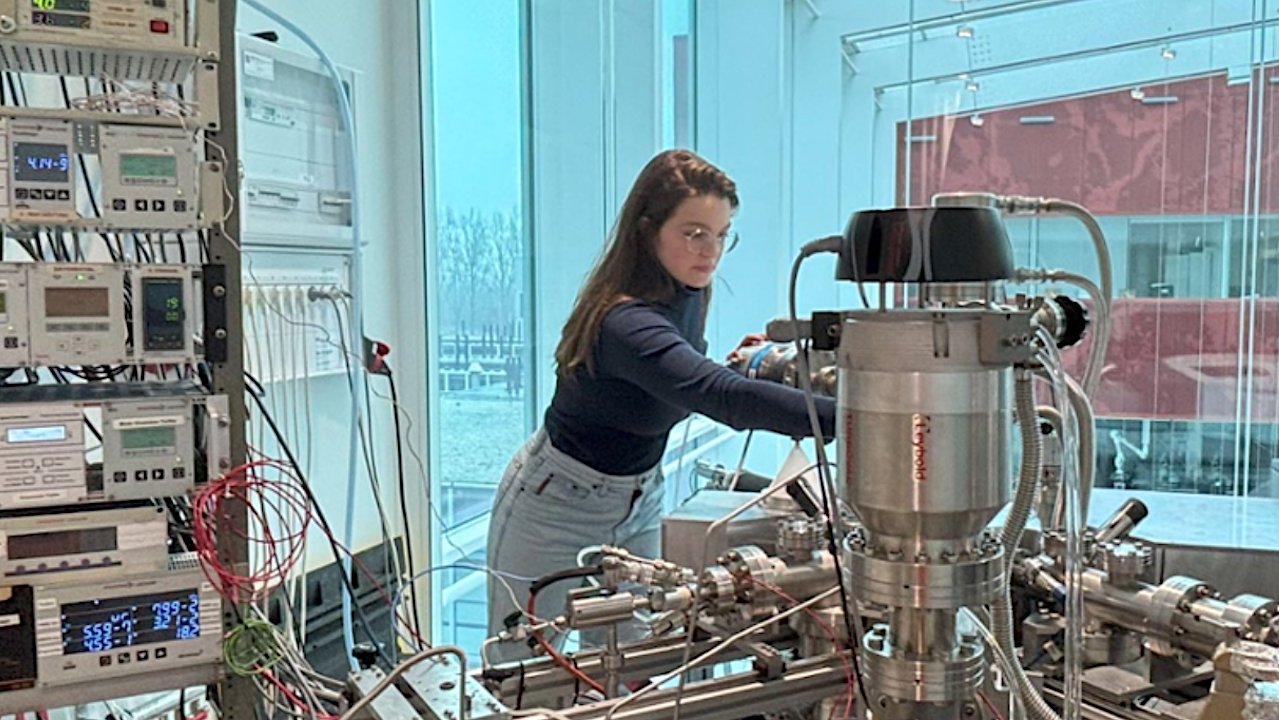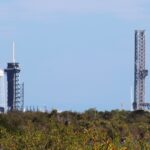Now Reading: Projections of Earth’s Technosphere: Strategies For Observing Technosignatures On Terrestrial Exoplanets
-
01
Projections of Earth’s Technosphere: Strategies For Observing Technosignatures On Terrestrial Exoplanets
Projections of Earth’s Technosphere: Strategies For Observing Technosignatures On Terrestrial Exoplanets


Summary of technosignature detectability with future missions for each scenario. Darker colors indicate where multiple technosignatures in a scenario are observable by a mission. — astro-ph.EP
The search for technosignatures — remotely detectable evidence of extraterrestrial technology — draws upon examples from the recent history of Earth as well as projections of Earth’s technosphere.
Facilities like the Habitable Worlds Observatory (HWO) will significantly advance the feasibility of characterizing the atmospheres of habitable exoplanets at visible and near-infrared wavelengths, while other future mission concepts could extend this search to mid-infrared wavelengths.
We draw upon a recently developed set of ten self-consistent scenarios for future Earth technospheres as analogs for extraterrestrial technospheres, which we use to outline a stepwise technosignature search strategy beginning with HWO and followed by other missions. We find that HWO could reveal elevated abundances of a CO2 + NO2 pair on planets with combustion and other large-scale industry, which could be observable in up to in eight of the ten scenarios.
Follow-up radio observations could reveal narrow-band directed transmissions, which occurs in two of the scenarios. Further study by direct detection at mid-infrared wavelengths with the Large Interferometer for Exoplanets (LIFE) could reveal spectral features from industry, such as the combination of CO2 + CFC-11/12 in four scenarios and CO2 + CFC-11/12 + CF4 in one scenario; two of these also include the N2O + CH4 + NH3 triple from large-scale agriculture.
Other mission concepts such as a Solar Gravitational Lens mission could reveal large-scale surface features in two scenarios that otherwise show no detectable technosignatures, while an interplanetary fly-by or probe mission would be the most conclusive way to reveal the presence of technology on terrestrial exoplanets.
Jacob Haqq-Misra, Ravi Kopparapu, George Profitiliotis
Comments: Accepted by ApJ Letters
Subjects: Earth and Planetary Astrophysics (astro-ph.EP); Instrumentation and Methods for Astrophysics (astro-ph.IM); Popular Physics (physics.pop-ph); Physics and Society (physics.soc-ph)
Cite as: arXiv:2511.20329 [astro-ph.EP] (or arXiv:2511.20329v1 [astro-ph.EP] for this version)
https://doi.org/10.48550/arXiv.2511.20329
Focus to learn more
Submission history
From: Jacob Haqq-Misra
[v1] Tue, 25 Nov 2025 14:03:03 UTC (386 KB)
https://arxiv.org/abs/2511.20329
Astrobiology, SETI,
Stay Informed With the Latest & Most Important News
Previous Post
Next Post
-
 01Two Black Holes Observed Circling Each Other for the First Time
01Two Black Holes Observed Circling Each Other for the First Time -
 02From Polymerization-Enabled Folding and Assembly to Chemical Evolution: Key Processes for Emergence of Functional Polymers in the Origin of Life
02From Polymerization-Enabled Folding and Assembly to Chemical Evolution: Key Processes for Emergence of Functional Polymers in the Origin of Life -
 03Φsat-2 begins science phase for AI Earth images
03Φsat-2 begins science phase for AI Earth images -
 04Thermodynamic Constraints On The Citric Acid Cycle And Related Reactions In Ocean World Interiors
04Thermodynamic Constraints On The Citric Acid Cycle And Related Reactions In Ocean World Interiors -
 05Hurricane forecasters are losing 3 key satellites ahead of peak storm season − a meteorologist explains why it matters
05Hurricane forecasters are losing 3 key satellites ahead of peak storm season − a meteorologist explains why it matters -
 06Binary star systems are complex astronomical objects − a new AI approach could pin down their properties quickly
06Binary star systems are complex astronomical objects − a new AI approach could pin down their properties quickly -
 07Worlds Next Door: A Candidate Giant Planet Imaged in the Habitable Zone of α Cen A. I. Observations, Orbital and Physical Properties, and Exozodi Upper Limits
07Worlds Next Door: A Candidate Giant Planet Imaged in the Habitable Zone of α Cen A. I. Observations, Orbital and Physical Properties, and Exozodi Upper Limits





















